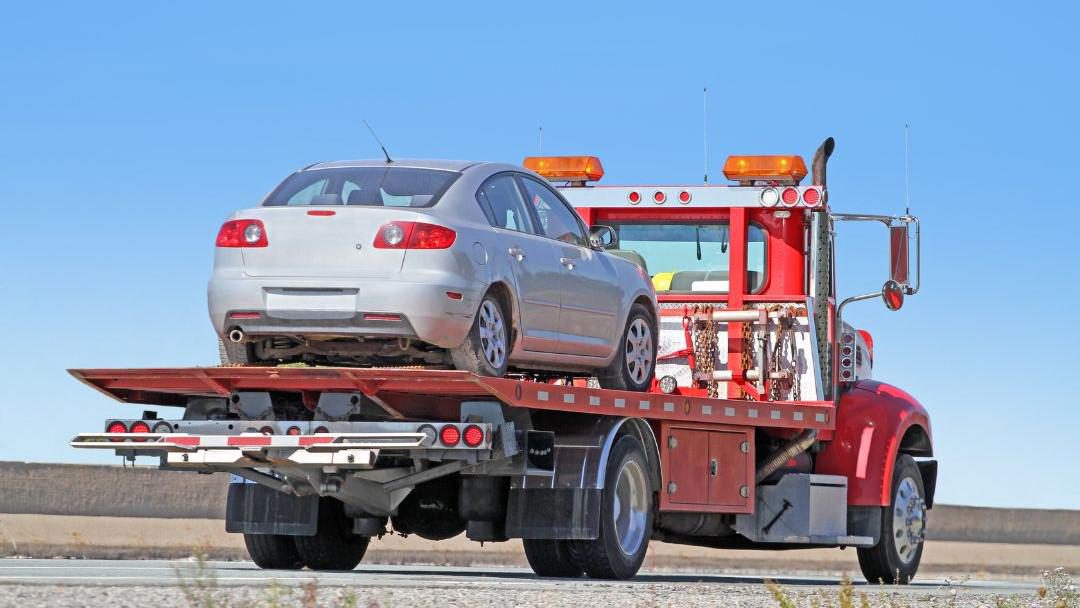
Car dealerships should exercise caution and observe the laws when repossessing a vehicle. It is important for car dealerships to be aware of state and federal regulations, as well as local ordinances, when attempting to reclaim a vehicle.
In most cases, the dealership must provide the customer with the proper notification prior to taking back possession of the vehicle. This means providing a written and verbal warning that they intend to repossess the vehicle. Depending on the state, a dealership may be required to take further steps such as filing a lawsuit. Additionally, they must repossess the vehicle in a peaceful manner without using force or threats.
Here are some situations where the car dealerships have the right to repossess a vehicle:
- When the owner of the vehicle has failed to comply with the terms of their finance agreement or loan.
- Non-payment of regular installments, late payment of installments or when certain conditions specified in the finance agreement are breached.
In certain situations, the dealership may be able to work with customers on an alternate payment plan or other arrangements if repossession wants to be avoided.
Remember that repossession is a legal process so must always be carried out in accordance with the law and with due consideration for consumer rights. It should be noted that repossessing a vehicle does not mean automatic cancellation of any loan agreements or debt owed. In most cases, the customer is still liable for any outstanding debt and repossession costs. It is important that car dealerships act in compliance with the law when conducting a repossession. Do not hesitate to reach out to the legal team for a free consultation.



